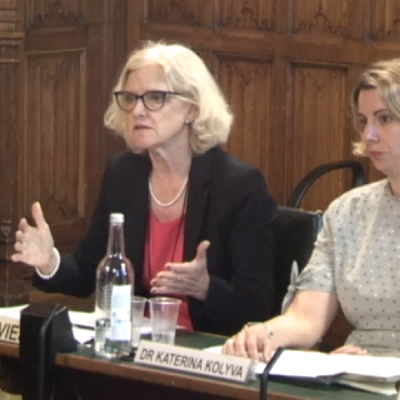The government is preparing to launch its consultation on the design and development of the revamped register of apprenticeship training providers.
Employers and providers have been denied the opportunity to win a place on to RoATP ever since the third and most recent application window shut at the end of October.
The application process has since been put under review and will not officially reopen until September, but hardly any news about how this is going has been forthcoming.
However, according to a new job advert, the Education and Skills Funding Agency will launch a consultation on the refreshed register soon.
“The design and development of a new register of apprenticeship training providers that acts as market entry gateway and delivers and maintains a healthy delivery marketplace for employers and learners alike; and is fit for purpose in terms of providing assurance to the accounting officer and employers,” the advert stated.
“This will be through consultation and is planned to launch in September 2018.”
The Department for Education has been approached for more detail.
It is now eight months since the government paused applications, though some bodies have enjoyed special treatment during this period.
FE Week revealed in April that 36 teacher-training organisations joined the register during a secret application window.
The ESFA allowed for an “extenuating circumstance” following a “disastrous” previous round which saw most of these applicants get rejected.
A spokesperson claimed that the special window was to ensure there are enough accredited ITT providers in place to deliver the postgraduate teacher apprenticeship from September 2018.
Other employers and providers wanting to join the register have to wait until September to apply, as confirmed by Rory Kennedy, the Department for Education’s director of apprenticeships, at FE Week’s Annual Apprenticeship Conference in March.
He said the review of RoATP was not expected to be completed until the summer, even though it started in November.
He was hesitant to give a “flavour” of some of the outcomes of the review, though the DfE would “welcome views on” whether the window approach is the “right one” or “should we be talking about a rolling approval basis”.



